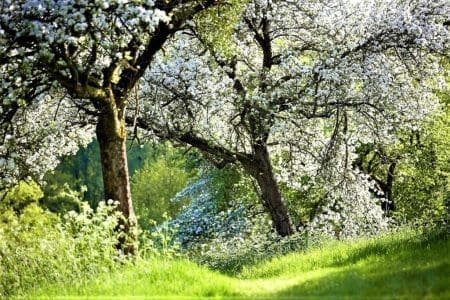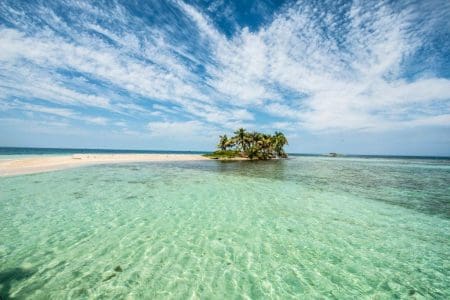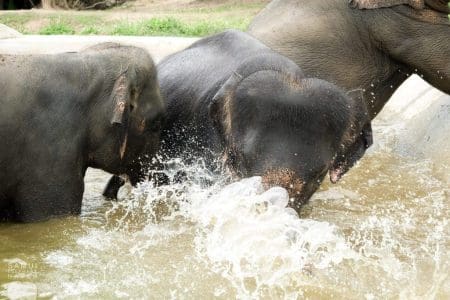With one of he best records for Covid, Rwanda is currently one of the safest countries to visit. Here are three reasons why you might just decide to visit Rwanda in 2021.
Safety is paramount for reopening gorilla trekking in Rwanda
Gorilla trekking in Volcanoes National Park generated $26.4m (£19.1m) in revenue in 2019. This revenue supports world-leading conservation initiatives and community development, with 10% of tourism receipts invested in local communities through infrastructure projects such as schools and health centres. Rwanda has created a compensation fund to ensure humans, gorillas and other wildlife maintain a peaceful coexistence. Gorilla trekking also provides employment for rangers, vets and trackers as well as porters, drivers and lodge staff.
Encounters with gorillas in Rwanda have always been carefully managed, with expert trackers and guides leading small groups of visitors who can view the gorillas for a strict maximum of one hour per day. As a result, the encounter is as intimate and as unobtrusive as possible. To prevent the spread of Covid-19, existing safety measures have been bolstered. Regular testing is conducted for rangers and vets and a negative test result is a requirement for visitors entering the park. The distance for viewing gorillas has been increased from seven to ten metres and trekking group sizes have been reduced from eight to six people. Monitoring of the gorilla’s health is conducted on a daily basis by park staff and research partners. Learn more at www.visitrwanda.com/rwanda-reopens and hear directly from the rangers here.
Rwanda’s Gishwati-Mukura continues successful reforestation programme
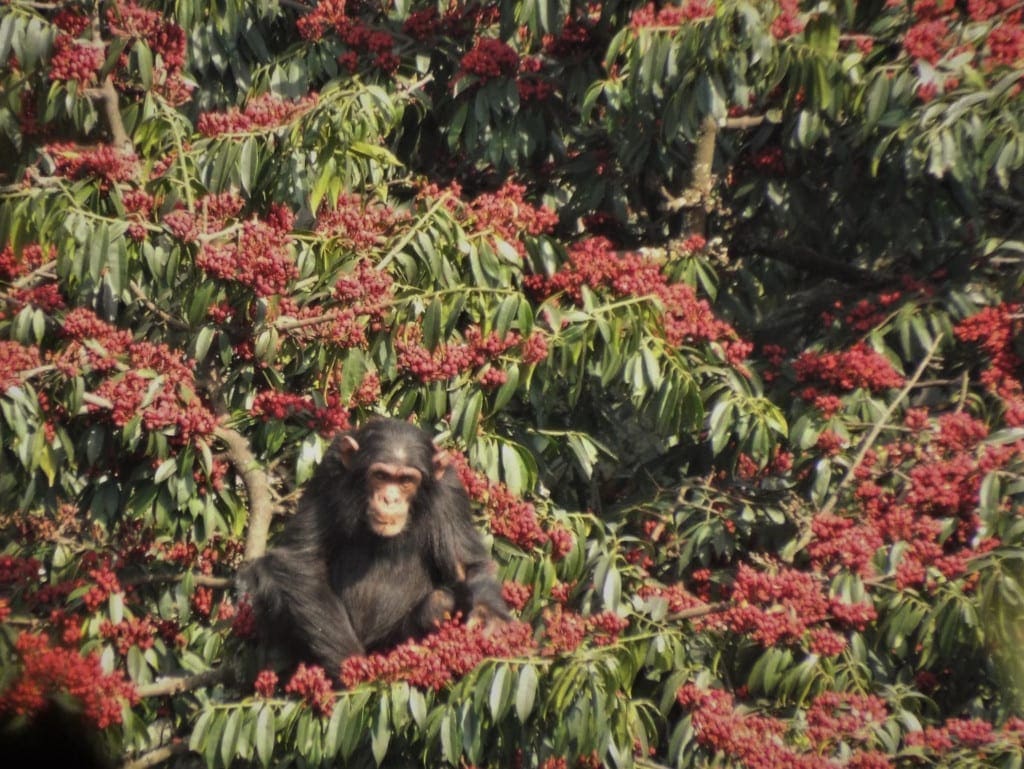
Rwanda’s Gishwati-Mukura National Park spans across 8,400 acres with lush mist-covered forests, primates, waterfalls and native Umushwati trees. However, Gishwati-Mukura wasn’t always so abundant: in the early 2000s, 98% of the woodland was diminished due to increased human settlement. The local community, with support from the Forest of Hope Association, undertook a major restoration effort to bring the area back to health and rewild the forest.
Today, eastern chimpanzees, golden monkeys and side-striped jackals roam freely throughout the vegetation, amongst dozens of varieties of bats, frogs and birds. Carefully curated ecotourism projects such as guided nature hikes, chimp and monkey tracking, bird watching and visits to the waterfalls also help to fund conservation, whilst providing income for the surrounding communities. Most recently, a nursery has been developed so that tens of thousands of indigenous trees can be grown and planted in the park this year. Gishwati-Mukura is living proof of the impact that communities can have when they come together, put the planet first and work to restore landscapes.
Learn more about the park at www.visitrwanda.com/destinations/gishwati-mukura-national-park/.
Forest of Hope Guest House & Campsite opens in Gishwati-Mukura National Park
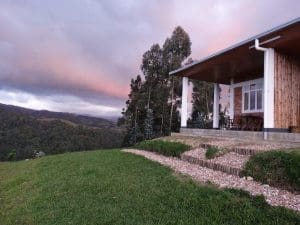
As part of a multi-phased conservation and tourism management programme for Rwanda’s Gishwati-Mukura National Park, the Forest of Hope Association in partnership with the Rwanda Development Board, has announced the opening of the Forest of Hope Guest House and Campsite in the Gishwati sector of the park. The Forest of Hope Guest House and Campsite will be one of the park’s first accommodation options, enabling visitors to become immersed in the forest and support the restoration of Gishwati-Mukura National Park.
The Guest House offers two en-suite rooms with two twin beds including mosquito nets, with hot water, electricity and WiFi available. Breakfast, lunch and dinner are served by a traditional Gishwati chef who prepares typical local dishes. The Campsite is a self-catering option for a maximum of eight campers, with comfortable bathroom facilities, a small fireplace, a barbeque stand and water for cleaning and cooking.
Find out more and book at www.fharwanda.org/?Forest-of-Hope-Guest-House-Campsite.
For more information on Rwanda go to www.visitrwanda.com
